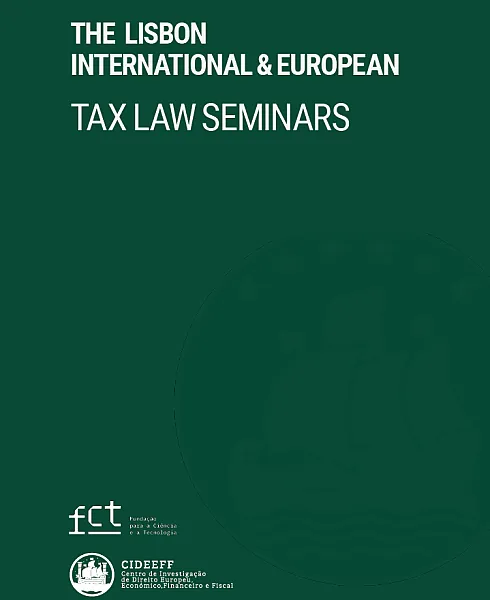The Authority to Form Double Taxation Agreements: Challenges of Democratic Legitimacy, Sovereignty, and International Influence from German Perspective

This paper analyzes how Germany's Double Taxation Agreements (DTAs) create tensions between international tax norms and national sovereignty. It argues that while these agreements are vital for cross-border economics, they lead to a "democratic deficit" and a "sovereignty paradox".
Despite formal parliamentary approval, the Bundestag's substantive role in DTA negotiations is diluted by the influence of international bodies like the OECD and EU. This results in parliamentary endorsement being more symbolic than truly shaping tax policy. The "sovereignty paradox" arises because Germany's formal power to amend DTAs is limited by political, economic, and legal constraints, and "soft law" from the OECD acts as a quasi-binding authority. EU membership further limits autonomy by requiring alignment with EU tax policy.
Judicial review by the German Federal Constitutional Court and the European Court of Justice offers limited practical safeguards, as both courts often show restraint in scrutinizing DTA content. This shifts policy-making power to less democratically accountable international institutions.
To counter these issues, the paper proposes institutional reforms based on constitutional loyalty (Verfassungstreue) and constitutional organ loyalty (Verfassungsorgantreue). Key recommendations include strengthening parliamentary mandates, institutionalizing consultations, enhancing public engagement, strategic participation in EU and OECD tax discussions, and safeguarding Germany's constitutional identity. These aim to balance international integration with democratic governance, ultimately enhancing Germany's credibility and the legitimacy of its role in global tax governance.
Recent Publications


